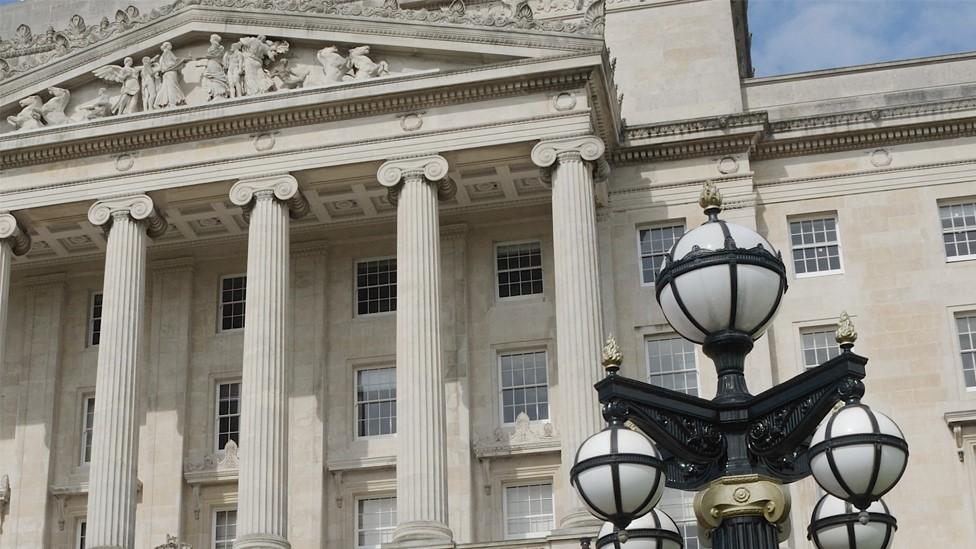Northern Ireland Assembly election: Anti-austerity party picks up seats
- Published
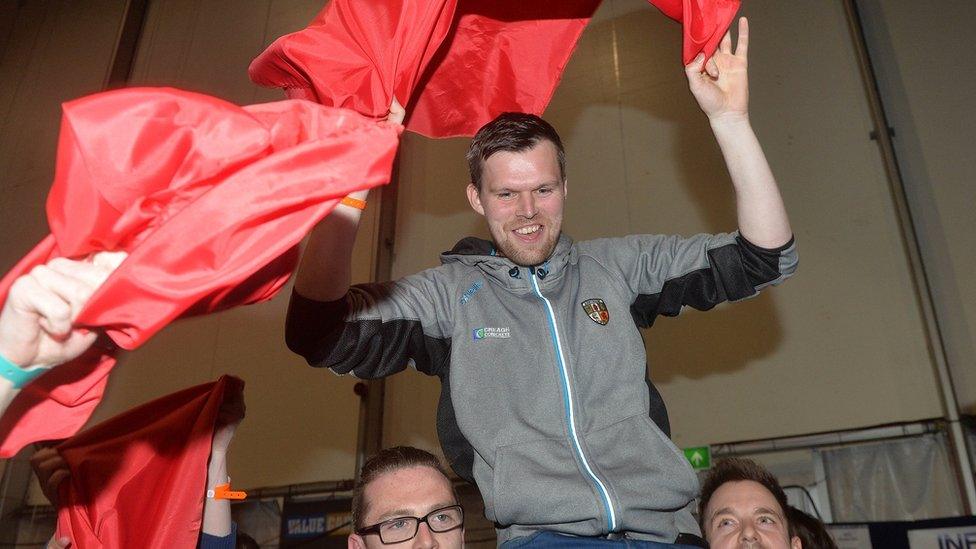
Gerry Carroll topped the poll in the Sinn Féin heartland of West Belfast
While it was no surprise that DUP leader Arlene Foster topped the poll in the Northern Ireland Assembly election, what was less predictable was the man who finished a close second.
Gerry Carroll, of the left-wing People Before Profit party, received 8,299 first preference votes in the Sinn Féin heartland of West Belfast.
In the process, he pushed out one of the republican party's five assembly members in the constituency.
He was one of two members of the anti-austerity party to be elected to the assembly at Stormont for the first time.
The second was veteran civil rights campaigner Eamonn McCann in Foyle, whose election cost the second biggest nationalist party - the Social Democratic and Labour Party - one of its seats.
The two men offer quite a contrast - Mr McCann enters Stormont at the age of 73, 46 years after contesting his first election, while the 29-year-old Mr Carroll follows a strong showing in last year's general election - when he received 19.2% of the vote - to win an assembly seat at the second attempt.
The new power-sharing executive is likely to face vocal criticism from the pair when they take their seats in the opposition benches.
Both have stressed that they see themselves as neither "orange or green" in Northern Ireland political terms and will designate themselves as other, rather than unionist or nationalist.
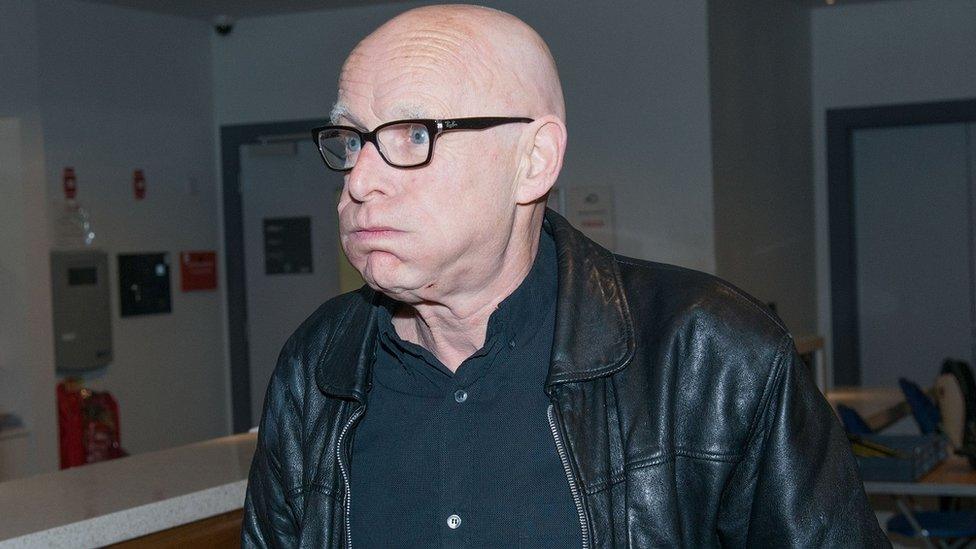
Eamonn McCann was elected to the Stormont assembly 46 years after contesting his first election
"We fought this election on the basis of being neither orange nor green," Mr McCann said.
"All of our canvassers, every evening, had a simple instruction - when anybody opens the door to them they were to say 'we our from People Before Profit, we are neither orange nor green, will you give us your vote?'
"That was the opening statement. We found that that resonated right across, even with people who weren't going to vote for us I think were pleased that we said it and remembered us in their preferences. I think that was very important.
"But also I think we benefited from the fact that there's deep disillusionment with the major parties and the way that the executive has handled itself and what it has delivered and not delivered over the last five years."
People Before Profit now has representatives in both the Irish parliament and the Northern Ireland Assembly - three in the Dail (Irish parliament) and now two in Stormont.
"These are small numbers, but we are the first radical left party to have been able to win representation on both sides of the border. I think that's a significant achievement," Mr McCann said.
Sinn Féin also has elected representatives both sides of the border.
The Green Party organises separately in Northern Ireland and the Republic. There are two Green Party MLAs in the Northern Ireland, while the Republic has two Green members in the Dáil (Irish parliament).
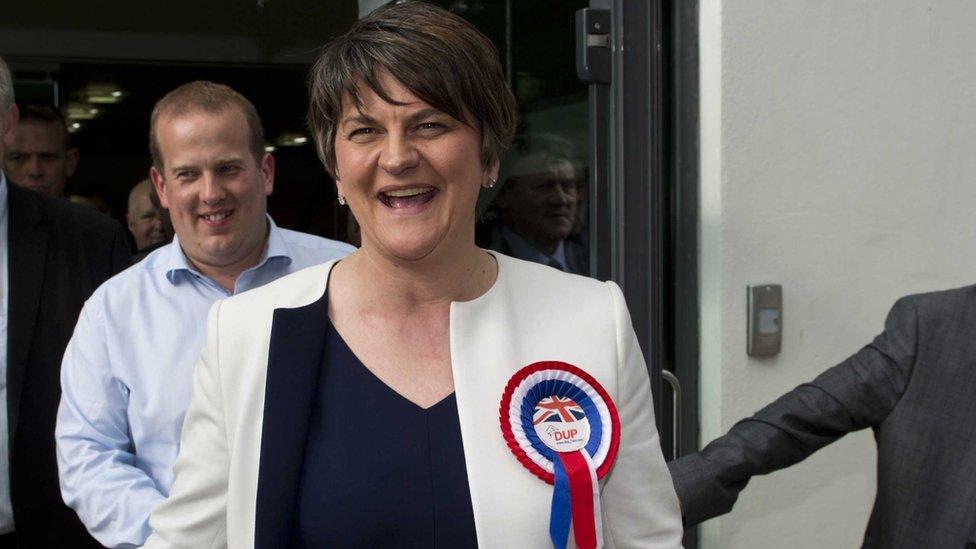
The biggest winner in the election was Arlene Foster's DUP
While People Before Profit may challenge the republican party in some local constituency battles, Sinn Féin had 28 MLAs in the Northern Ireland Assembly and 23 TDs (members of the Irish parliament).
The combined vote of the five Sinn Féin candidates in West Belfast in Thursday's election was just under 20,000.
Another cross-community party which increased its vote and number of representatives was the Green Party in Northern Ireland, which gained an extra seat in South Belfast.
However, it would be wrong to say the face of Northern Ireland politics has changed.
It has been a very good election for the Democratic Unionists who won 29% of first preference votes, while Sinn Fein also seem to have held their ground in terms of seats.
Overall the combined vote for Sinn Féin and the SDLP dropped by just over 5%.
However, while some voices of opposition have been added to the assembly, in reality the status quo will remain largely unchanged.
- Published3 May 2016

- Published7 May 2016
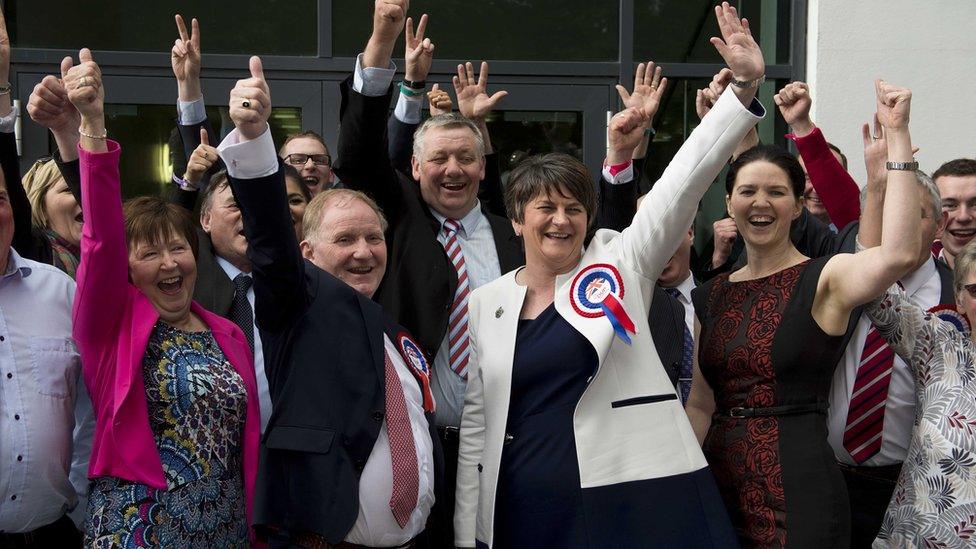
- Published13 April 2016
